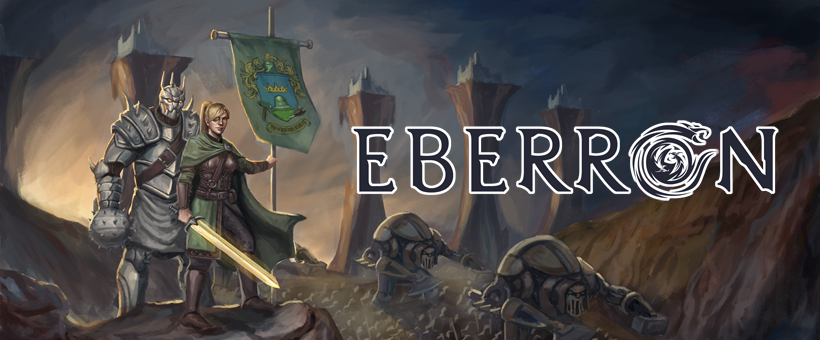So, I’ve been thinking about the assumption that elves and dwarves aren’t born knowing how to fight with their weapons, or brew, or smith, and I had an idea that challenges that, and I think makes a lot of sense.
So, Dwarfs. I’ve always seen them as people who naturally view themselves as part of a larger whole, more than as individuals, and that plays a part here. What if the reason they are like that isn’t because of how they live, but rather they live like they do because of their nature, because a dwarf isn’t really a complete individual.
What if dwarves remember their ancestors lives? What if they know how to work stone and use axes because their ancestors did?
And then with elfs, it’s right there in the 5e lore. Elves recall past lives. Why wouldn’t that mean they can pick up a bow and just use it intuitively, if most elves use bows?
Any thoughts?




